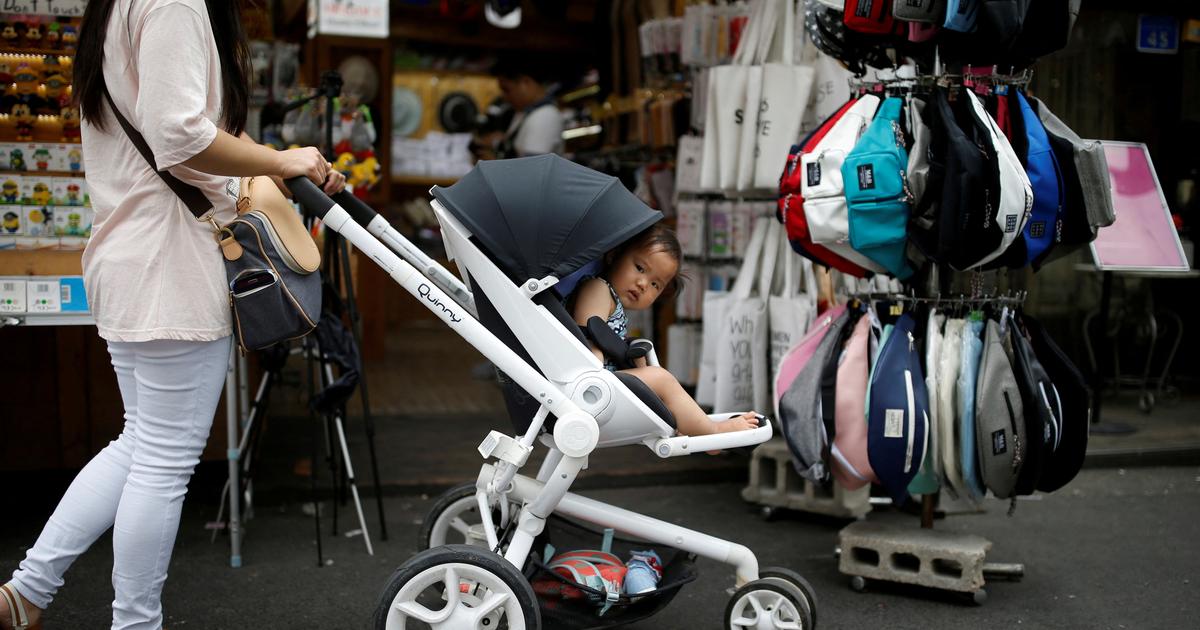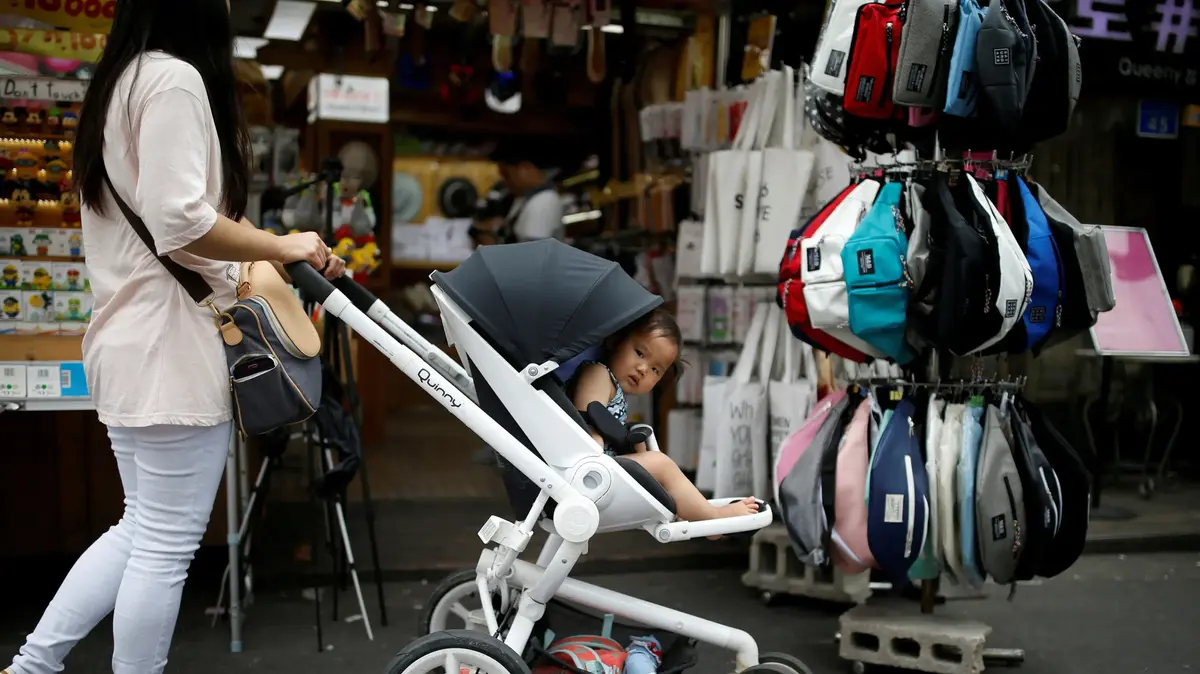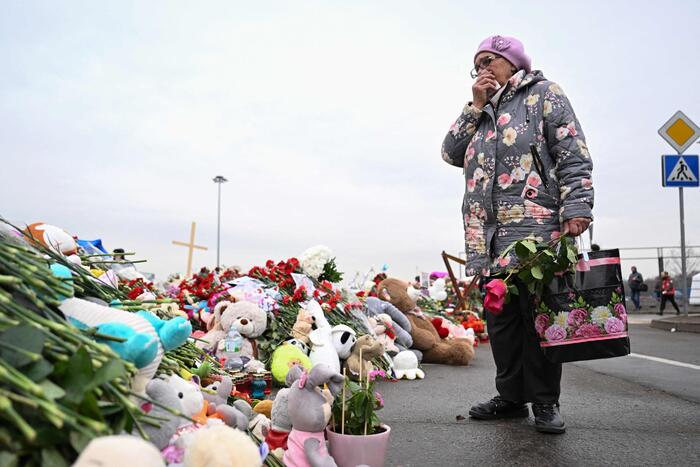The Government of South Korea has been forced to reconsider the proposal to extend the working day to a maximum of 69 hours a week due to the rejection it has aroused among young people, who allege that the measure would prevent them from reconciling and could put their health at risk. health.
According to
The Korea Herald
, the plan presented earlier this month had been welcomed by large South Korean business groups for "offering a solution to the difficulties of meeting deadlines" in a country known for its workaholic culture.
Given the increase in discontent among citizens, President Yoon Suk-yeol has expressed that he considers a work week that exceeds 60 hours "excessive" and has called for adjustments to be made to "protect the rights and interests of less privileged workers". , as reported this Thursday by the presidential office.
The Ministry of Employment and Labor announced on March 6 that it intended to raise the current ceiling of 52 weekly hours to allow employers to count overtime on a monthly, quarterly and annual basis, so that workers could manage their schedules based on your workload.
In this way, they would be given the option of working up to 69 hours a week in busy periods, in exchange for taking more time off in other more relaxed ones.
Since 2018, South Korea has allowed up to 40 regular hours and 12 overtime hours to be worked, and companies found to be in breach of that rule may face sanctions.
The bill has received strong opposition among workers under 40, who fear the reform will force them to work even more overtime and prevent them from finding a work-life balance.
Although the proposal intends to force employers to compensate for excess work in periods of inactivity, in practice, many doubt that they can enjoy extended leave.
According to a government survey cited by
the Financial Times
, in 2020, only 40% of South Korean companies' employees took all their annual vacations.
The lowest fertility rate in the world
From the Labor portfolio, in an attempt to downplay concerns about family reconciliation and health, they have ensured that this "flexible system" offers more options.
"We can solve serious social problems, such as the rapid aging of the population and the low birth rate, by allowing women to choose their work hours more flexibly," said Minister Lee Jung-sik in announcing the plan.
South Korea's total fertility rate (the average number of children that would be born to a woman if she had given birth in all her reproductive years) has been declining since it fell to 2.1 children in 1984, the required figure. for the population to remain stable.
It currently stands at 0.78, the lowest in the world.
President Yoon himself ordered on Tuesday to re-examine the measures because they "do not reflect the voices of younger workers."
The South Korean president asked government agencies "to better convey the proposal to citizens, especially millennials
and
generation Z [those born between the 1980s and 2010s]," according to his press officer, Kim Eun. -hye.
The Minister of Labor met on Wednesday with union representatives to gather opinions and assured that he "was open to all possibilities of change."
Manufacturing, IT and construction firms had called for more flexibility in working hours, citing staff shortages and difficulties meeting deadlines.
While business circles such as the Federation of South Korean Enterprises have stressed that the project will benefit the industry's competitiveness and contribute to job creation, the Association of South Korean Trade Unions has lashed out at the government's plan, calling it "toxic." ” and “anachronistic” for “forcing workers to work ultra-long intensive hours”.
The Miracle of the Han River
, as the very rapid development of the country after the Korean War (1950-1953) is known, was achieved largely thanks to that culture of excessive work.
South Korea is now the world's 10th largest economy, but long work hours have discouraged many young people from starting a family.
South Koreans worked an average of 1,915 hours per year in 2021, 199 hours more than the average of the member countries of the Organization for Economic Cooperation and Development (OECD), and behind only Mexico, Costa Rica, Colombia and Chile.
The Spaniards, for their part, worked an average of 1,641 hours.
The plan has also been criticized for not being up to par with other major economies, such as Britain, where many companies last year tried establishing a four-day work week, a system that dozens of activists say resulted in a similar or higher productivity and greater staff well-being.
Follow all the international information on
and
, or in
our weekly newsletter
.
Subscribe to continue reading
Read without limits
Keep reading
I'm already a subscriber















